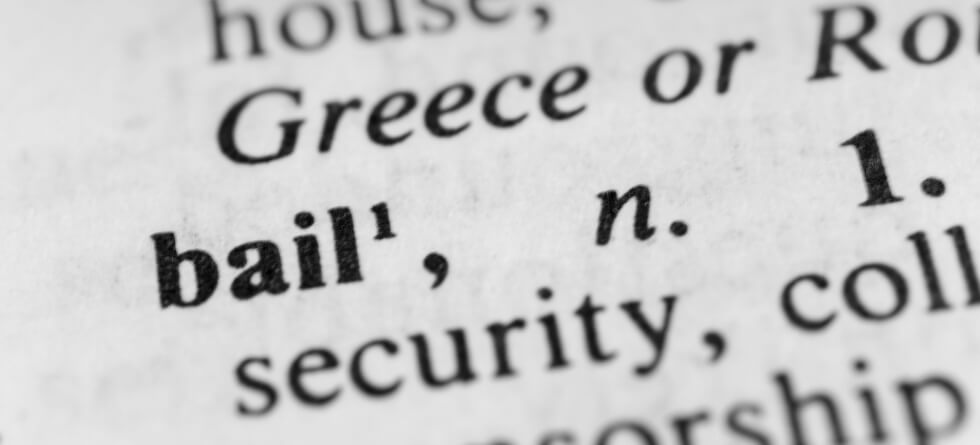The point of bail is to allow individuals arrested and charged with a crime to secure their release from custody while their case is pending. Bail is designed to balance the defendant’s right to freedom and the government’s interest in ensuring that the defendant appears in court as required and does not threaten public safety.
Bail serves several important purposes, including:
- Ensuring that defendants appear in court: By requiring defendants to post bail, the court can ensure they have a financial stake in appearing as required. This helps ensure that defendants do not flee the jurisdiction or fail to appear for court hearings.
- Protecting public safety: In cases where the defendant threatens public safety, such as in cases involving violent offenses, bail can be set high to ensure that the defendant remains in custody until their trial.
- Preserving the defendant’s presumption of innocence: By allowing defendants to secure their release from custody, bail helps to ensure that they are not punished before they have been convicted of a crime.
- Allowing defendants to prepare for their defense: By allowing defendants to be released from custody, bail allows them to prepare for their defense and to continue working or caring for their families while their case is pending.
In general, the point of bail is to provide defendants with a way to secure their release from custody while their case is pending while also protecting the interests of the government and the community.






